Online shopping provides a quick and convenient way to purchase products, and this is especially true for the...
Bedwetting Alarms & Nocturnal Enuresis Sensors
Bedwetting alarms (also known as nocturnal enuresis alarms) offer a non-pharmaceutical way to deal with bedwetting. Bedwetting is the accidental release of urine during sleep. It is common among children and can be stressful or embarrassing for the family dealing with the issue. There are two types of nocturnal enuresis: primary and secondary. Primary nocturnal enuresis occurs when an individual has not remained dry, even throughout the day, for
Types of Alarms for Nocturnal Enuresis
Bedwetting alarms are available in multiple styles, such as alarms with sensors that attach to pajamas or underwear, or bedwetting sensor pads that lay on the bed. These sensitive alarms detect even the slightest amount of urine expelled during sleep. In turn, they create a sound or a motion that wakes the adult or child up to go to the bathroom.
Vitality Medical carries a variety of systems and accessories to match customers’ individual needs. When they desire to have extra protection for beds to prevent damage, customers can shop high-quality incontinence products as well, including washable underpads that come in a variety of absorbencies, materials, and sizes.
Are Bedwetting Alarms Effective?
Urine alarms are some of the most effective methods when working with involuntary nighttime incontinence. When used in conjunction with other preventative steps, such as drinking fewer liquids before bed, bladder control becomes simpler. These bedwetting alarms are a non-pharmacological approach that can be used anywhere from a few weeks to several months.
Consistent use of the alarm trains the user to wake up when urination starts. The goal is for the user to learn to wake up on their own to take care of toileting issues during the night.
Nocturnal enuresis alarms work best with persons who are at least eight years old. Children younger than that are still developing, and bedwetting is often the result of immature body functioning.
How Does the Bell and Pad Method Work?
These systems consist of two major components: a sensor that lays flat on the bed and an alarm or buzzer. When the sensor detects moisture, it sends a signal to the bell, which often attaches to the pajamas near the shoulder. The pee alarm sounds to wake the user. Sensors that attach to pajamas or underwear work the same way.
How Does a Wireless Bedwetting Alarm Work?
Wireless bedwetting alarms work using the same principles; however, they send their signals via wireless transmission. No wires can mean better comfort for the user because they won’t get trapped under or tangled in the wires that are attached to the unit.
How Long Does It Take for a Nighttime Bedwetting Alarm to Work?
It often takes up to 12 weeks to obtain the desired results. During the first several weeks, it is not uncommon for the caregiver or parent to wake first when the alarm goes off. Typically, this person will need to wake the user to prompt them to use the bathroom. As the user becomes accustomed to the alert, they can wake up without assistance to take care of toileting.
Tips for Bedwetting Alarms
When beginning the use of an alarm for nocturnal enuresis, follow these tips for the best results:
- Wear the bedwetting alarm nightly.
- Go to bed at the same time every night.
- Attach the sensor alarm to the underwear; do not attach sensor clips to diapers or pull-ups.
- Do not turn the alarm off after the user urinates.
- Continue to drink fluids as normal.
- Discontinue bedwetting alarm use after three weeks of remaining dry.
- Track progress on a calendar or chart.
- Clean the bedwetting alarm sensor daily.
Enuresis Alarms at Vitality Medical
Let Vitality Medical be a partner to address nocturnal enuresis! For questions about product usage or features, please reach out to a product specialist. Experts are available by email at any time, day or night, or by phone or live chat during business hours, which are 8 a.m. to 5 p.m. MST, seven days a week.
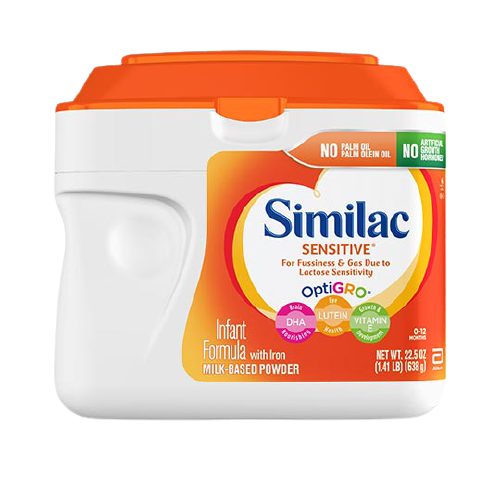

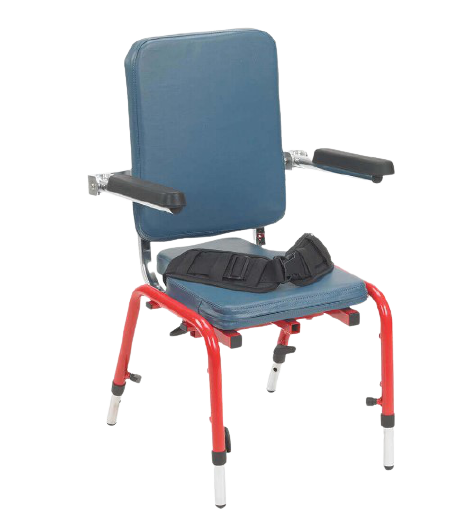
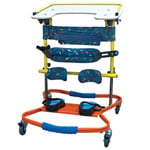
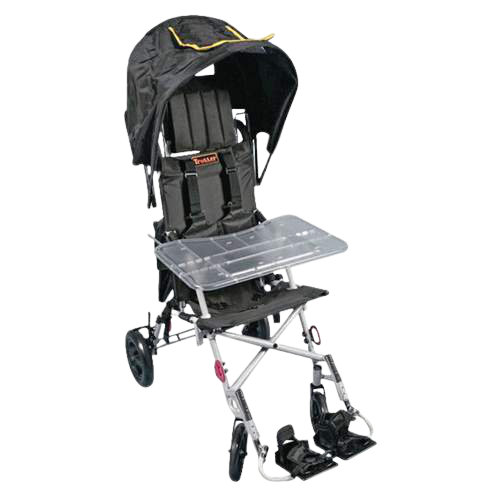
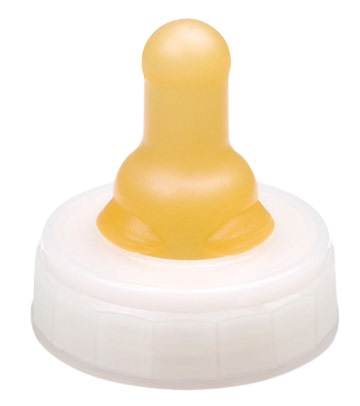
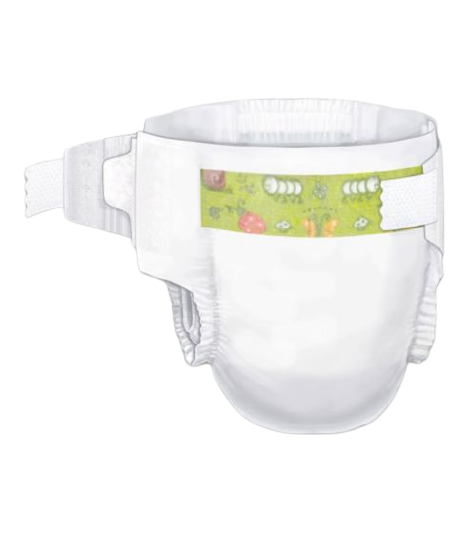
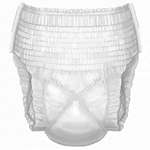
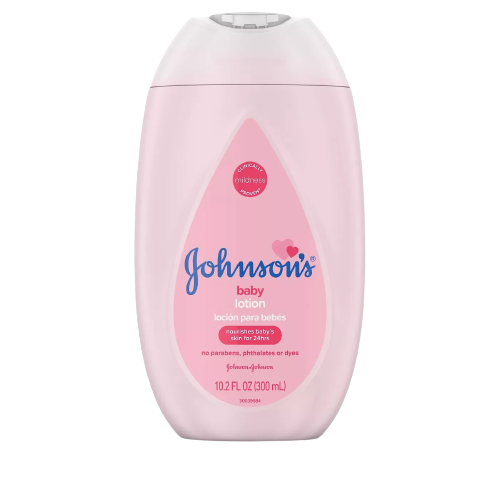
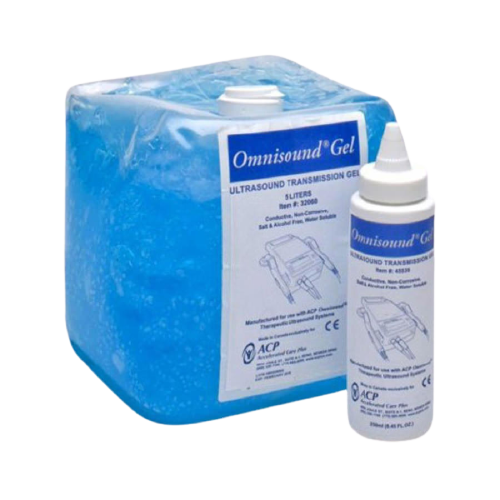

Login and Registration Form